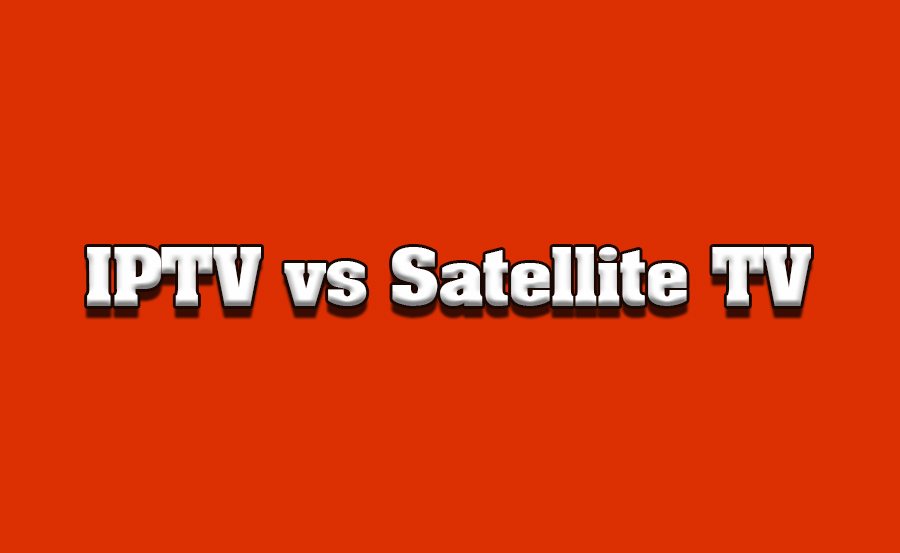As technology continues to advance, the ways in which we consume television content are evolving dramatically. Two of the most popular options available today are IPTV (Internet Protocol Television) and Satellite TV. Both offer unique features and benefits, yet they also come with their own sets of challenges. In this article, we will delve into the key differences between IPTV and Satellite TV, helping consumers make informed decisions about which service best meets their entertainment needs.
Buy 1 Year IPTV and Enjoy Unlimited Content
What is IPTV?
IPTV, or Internet Protocol Television, utilizes the internet to deliver television programming directly to users’ devices. Unlike traditional cable or satellite systems, which rely on satellite signals or coaxial cables, IPTV transmits data over broadband internet connections. This allows for a wide range of content, including live TV, on-demand programming, and interactive features, all accessible via compatible devices such as smart TVs, tablets, smartphones, and streaming boxes.
What is Satellite TV?
Satellite TV, on the other hand, transmits television signals via satellites orbiting the Earth. This technology requires a satellite dish to receive signals from the satellite, which are then decoded by a receiver connected to the TV. Satellite TV is known for its extensive channel offerings, including regional, national, and international programming, making it a popular choice for many viewers. However, it does require a clear line of sight to the satellite for optimal signal quality.
Key Comparisons
- Signal Quality and Reliability:
- IPTV: The quality of IPTV signals largely depends on the user’s internet connection. A stable, high-speed internet connection is essential for uninterrupted viewing. While IPTV can deliver high-definition (HD) and even ultra-high-definition (4K) content, users may experience buffering during peak internet usage times.
- Satellite TV: Satellite TV generally provides a consistent quality of service, offering high-definition channels without dependency on internet speed. However, it is susceptible to weather-related disruptions, such as heavy rain or snow, which can lead to temporary signal loss.
- Channel Selection and Flexibility:
- IPTV: IPTV providers often offer customizable packages, allowing viewers to select specific channels or genres according to their preferences. This flexibility enables users to curate their viewing experience more personally.
- Satellite TV: While satellite providers offer a wide array of channels, their packages can be rigid, often bundling channels together. Users may have to pay for channels they do not watch to access those they do.
- Installation and Setup:
- IPTV: Setting up IPTV is typically straightforward. Users need a reliable internet connection and compatible devices. Installation of software or apps is usually simple, and many services allow users to start streaming almost immediately.
- Satellite TV: Installation of satellite TV can be more complicated, as it often requires professional installation of the satellite dish and receiver. Additionally, alignment of the dish is crucial for optimal performance, which can be challenging in certain locations.How 5G Will Revolutionize IPTV Streaming
- Cost Considerations:
- IPTV: Generally, IPTV services tend to be more affordable than satellite TV. Many IPTV providers offer competitive pricing and flexible subscription options without hidden fees, making it a budget-friendly choice for consumers.
- Satellite TV: Satellite TV services often come with higher upfront costs, including installation fees and equipment rentals. Monthly subscriptions can also be pricier, especially for comprehensive channel packages.
- Content Variety and Availability:
- IPTV: One of the key advantages of IPTV is its access to a vast library of on-demand content, including movies, series, and international programming. Many services also include features like cloud DVR, allowing users to record shows for later viewing.
- Satellite TV: Satellite TV excels in providing live content, particularly for sports and events. However, the on-demand selection may not be as extensive as that offered by IPTV providers, often relying on traditional cable network offerings.
- User Experience and Accessibility:
- IPTV: IPTV services often provide a user-friendly interface, making it easy to navigate through channels and on-demand content. Additionally, many IPTV applications are compatible with multiple devices, enabling users to watch their favorite shows anytime, anywhere.
- Satellite TV: While satellite TV interfaces can vary, they generally offer a straightforward experience. However, access is often limited to the television connected to the satellite receiver, which can restrict viewing flexibility.
Conclusion
When it comes to choosing between IPTV and Satellite TV, the decision ultimately depends on individual preferences and needs. IPTV offers flexibility, customizable options, and access to a wide range of on-demand content, making it an attractive choice for many modern viewers. In contrast, Satellite TV provides a reliable service with extensive channel offerings, particularly for those who prioritize live content and consistent signal quality.Stream Like a Pro: How to Set Up IPTV on VLC
Understanding the differences between these two services allows consumers to make informed choices about their entertainment options, ensuring they select the service that best fits their lifestyle and viewing habits.


